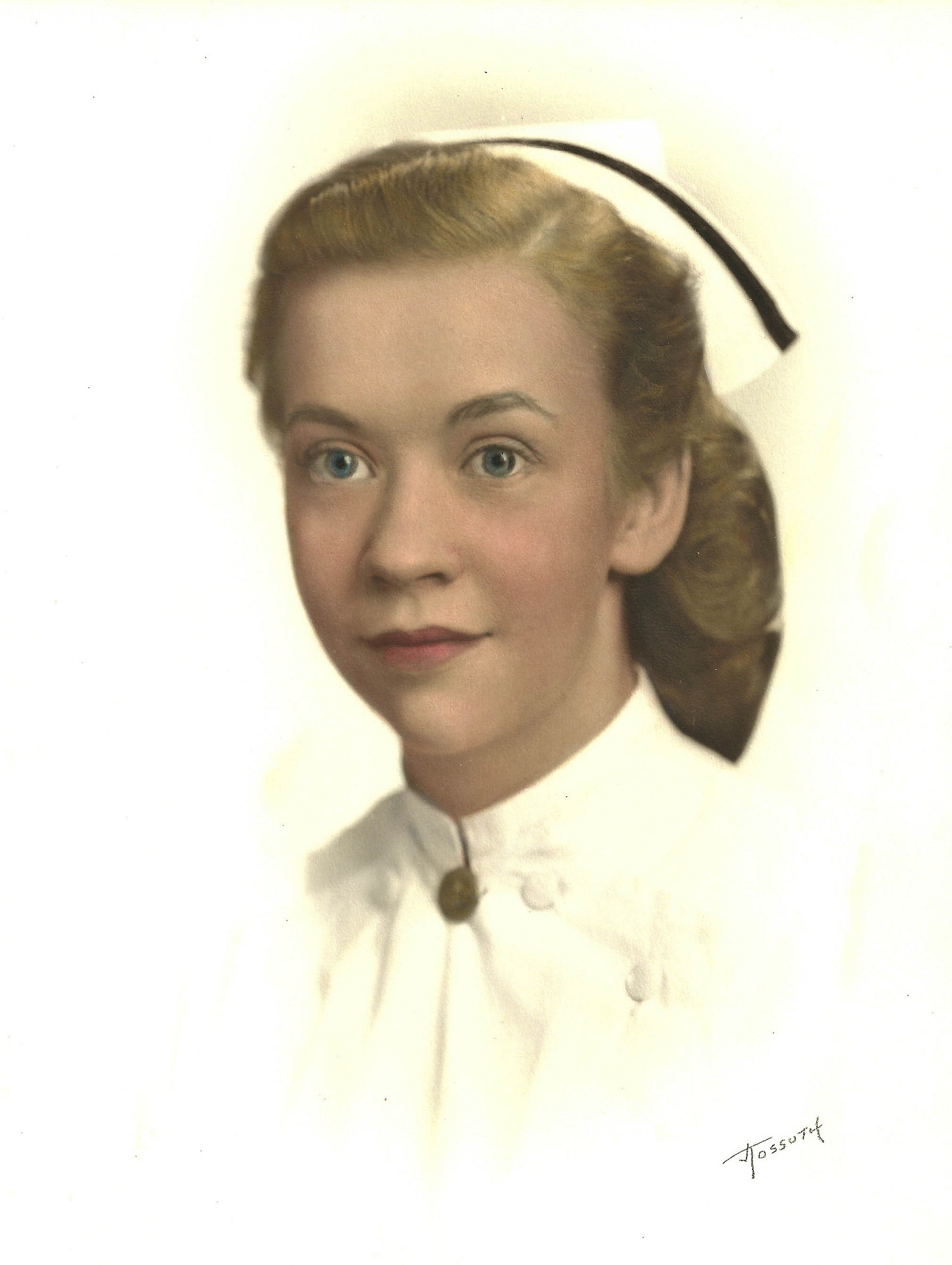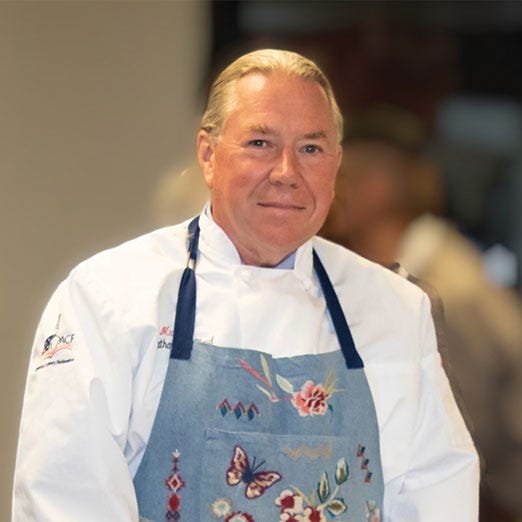There is something about your mom I have been meaning to tell you. She’s doing her best with what she has to work with. Now, that, friends, is Intentionality. At the Intentional Table, there is certainty that mothers are unique, precious, and have something (not all things to all persons, and yes, there are exceptions to every rule) to offer, something to tell you that you need. This is one of my favorite things to write about in this kitchen.
Let’s get a disclaimer out of the way. You may have had a mother who, for one reason or another, was ‘not great.’ This happens. I just want you to re-read the above paragraph and understand that if you can open your mind, people do their best with what they have. If they have a broken mind, or addictions, etc., they are using those tools to do the best they can (with). Your perception of them is the key. After blaming my mother for everything that I could, I finally, way after her passing, realized that she was many things I will never, ever understand. She was a widow, losing my father when he was 32 years old. She was an alcoholic and a heavy smoker. She had health issues that were a result of these. She worked full time until the day she died, and at the end of her career, as it was tapering, she was made to work 3rd shift. Yet, she provided food, water, and shelter until I left home at 17 for the Air Force. This is beyond noble. It’s about a miracle. She was 34 years old when I was born in 1962. Imagine the social pressure, imagine the humiliation she must have felt as she got pregnant and had me unmarried. (My parents married after my Dad returned to the US after Army Service, when I was about 2. They married then.) This is a woman born in 1928. Can anyone imagine this kind of stress? She is a heroine on such a scale that there should be a posthumous award for resistance that she would receive.
This is just my mother. My ‘other’ mothers are chosen mothers, and many, such as Caron McCloud and Sue Sellars, are entire novels waiting to be written.
When she sits at the table, a mother does more than serve food—she offers presence. I think now that this is what I miss the most. The table is not just a place to eat but a quiet altar where the sacred rhythms of love, correction, memory, and care are laid down, and at our place, approaching life with a real-time strategy for reliance, which, of course, is intentionality. And she, aware or not, becomes the weaver where each question, story, and silence is a thread pulled from the heart. We often speak of the Red Thread that connects us all.
Her questions are not interrogations. They are invitations.
She doesn’t ask, “How was school/work/office/commute/trip to the store?” like a tired reflex. She looks into your eyes, searching past the day’s dust and into the soul’s weather, and asks, “Did you feel brave today?” Or “What made you laugh so hard you forgot yourself?”
These aren’t questions for control—they’re for connection. They say: I see you and care about your inner world, not just your outer performance. Her intentionality lives in what she asks—but even more in how she listens: without interruption, without fixing, just fully present. I can tell you, as you probably know, this often (for me) is unnerving. Do I really have to think? lol
Her stories carry more than entertainment—they carry memory, mercy, and meaning.
A mother may tell a story about burning the holiday pie or being picked last in school. Not to elicit pity. Not to show how far she’s come. But to say: You don’t have to be perfect to be loved. Well, thank goodness, because that's not anyone’s story.
In these stories, there's always a subtle undercurrent of grace. This is how we learn, grow, and forgive ourselves for being human. She’s not telling the story to be wise. She’s telling it so you won’t carry shame in silence.
Her lessons are not sermons, but reflections in the water.
An intentional mother rarely says, “Here’s the moral of the story.” Instead, she plants moments like seeds, and trusts they’ll root in their own time. A dropped glass doesn’t earn a scolding—it invites a moment to breathe. “Accidents happen. Let’s clean it up together.” A sibling betrayal becomes a pause: “How do we find our way back to each other?” Forgiveness becomes something not to be earned but modeled—quietly, again and again, like refilling a pitcher of water, and no one thanked you for pouring.
Her tenderness is deliberate.
She touches a shoulder mid-story. She kisses a scraped knee, even when you insist they’re too old for it. She lingers a second longer when handing a bowl of soup.
These gestures say: You matter, even when you're tired, grumpy, or wrong. You are loved, not for your behavior, but for your being.
That kind of tenderness is not an accident. It’s a choice, made daily, even when she’s exhausted. Especially then.
Her silence is not absence—it’s space for the sacred.
She knows not every silence must be filled. Sometimes the most healing thing she does is not respond right away. She lets you struggle through your thoughts, make mistakes, and cry without trying to cheer you up.
In that pause lives trust. In that trust lives dignity. In that dignity lives love.
Across the table, she offers all of this—not to raise perfect children but to raise whole humans. In doing so, she doesn't just teach how to talk; she teaches how to love, how to forgive, and how to stay at the table, even when things are hard.
Because she stays. That’s her lesson. And that’s her legacy.
The day, not the person.
Throughout history, the concept of honoring motherhood has undergone remarkable transformations. From ancient festivals dedicated to Rhea and Cybele to the Christian tradition of Mothering Sunday, these celebrations laid the essential groundwork for what we recognize today. Mother's Day reveals how deeply maternal reverence is woven into human culture across civilizations and eras.
19th-century reformers like Ann Jarvis and Julia Ward Howe fundamentally reshaped our understanding of motherhood, viewing it as a domestic role and a powerful platform for societal change. Their vision extended beyond personal recognition, encompassing peace activism, public health improvements, and community healing.
Anna Jarvis succeeded in creating a lasting tribute to mothers nationwide despite her eventual disillusionment. Though she vigorously opposed the commercialization that followed, this same commercialization paradoxically ensured the holiday's survival and global spread. Her personal tragedy—battling against the very celebration she created—adds a poignant dimension to Mother's Day history. This post is kinda-sorta a part of that, so forgive me. It’s free to share, however, and all I ask is that you catch some tenderness in your spirit for a moment and then act on it somehow. If not your mother, then pick one. Yes, any. They may never forget it.
Mother's Day celebrations worldwide reflect universal appreciation and distinct cultural values. Whether observed with Ethiopian feast preparations, Thai jasmine offerings, or American brunches, these diverse customs share a common thread - acknowledging mothers' profound impact on families and societies.
The evolution from ancient maternal goddess worship to modern Mother's Day celebrations demonstrates how enduring the desire to honor motherhood remains, even as expressions of gratitude transform across generations. This reminds us that behind today's flowers and greeting cards lies a rich tradition, activism, and profound appreciation for maternal influence that transcends time and borders.
Call your mother. Call a mother. Call a pregnant woman. Call them all.
Thank you for reading, and see you again in your seat at the Intentional Table. (bring mom)
If you would like to hear me read this, here you go….
Jonathan @








Ah...thank you for this Jonathan. As a mother with a recent empty nest, preparing to spend my first Mother's Day without my child because she's away on a gap year in Portugal (as one does!), I appreciate the reminder that we are all imperfect as mothers and we also try to love as best we can. And then we pay for our kid's therapy so they don't have to! Happy Mother's Day to you all.
A wonderful piece. Thank you, as always, for your insights and beautiful writing. My relationship with my mom is vey complex as is the relationship with my son. But both those relationships have been my greatest teachers. Sunday will be a day to celebrate ALL who nurture and tend.